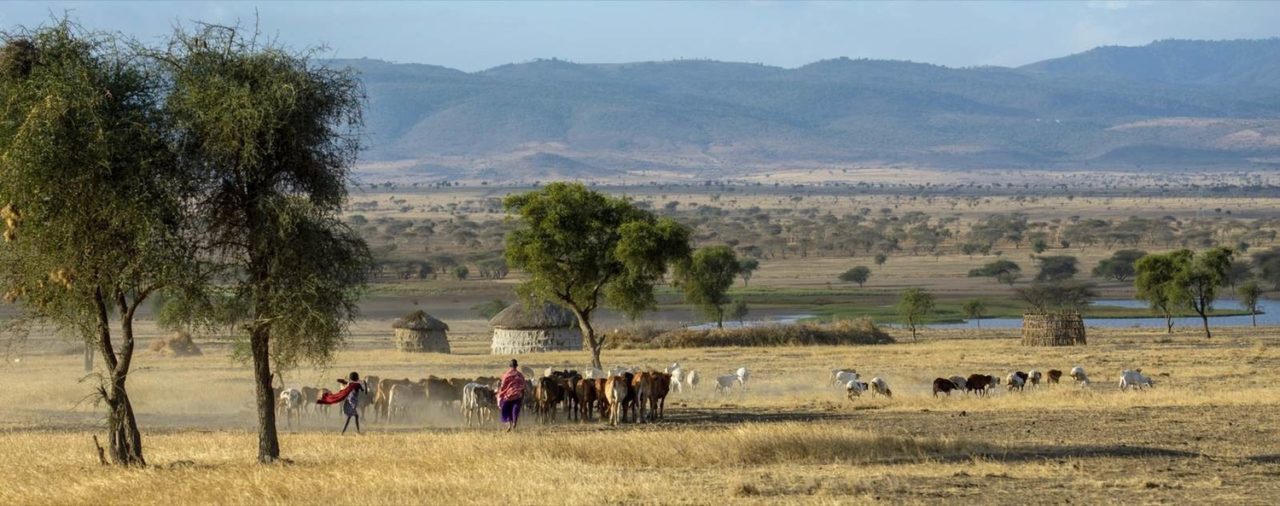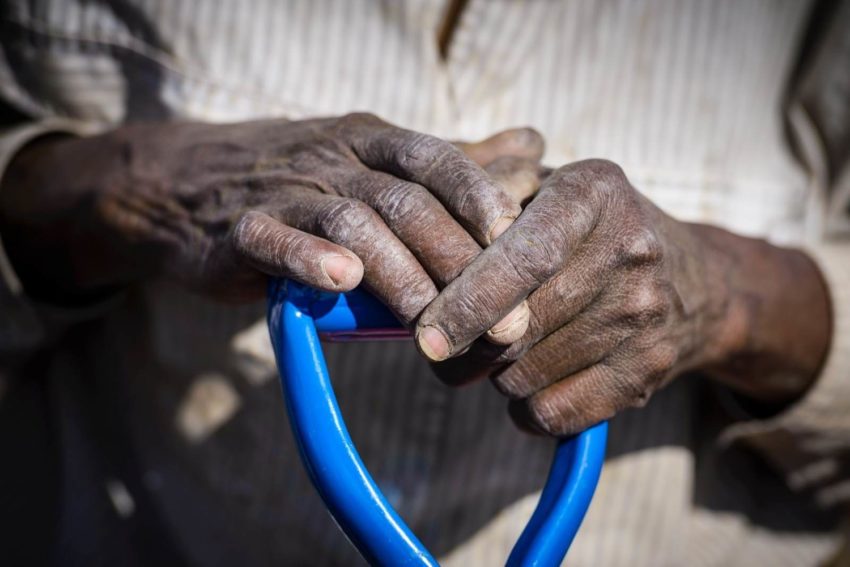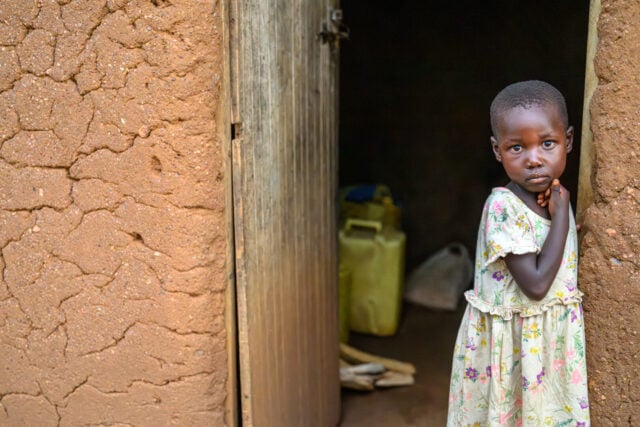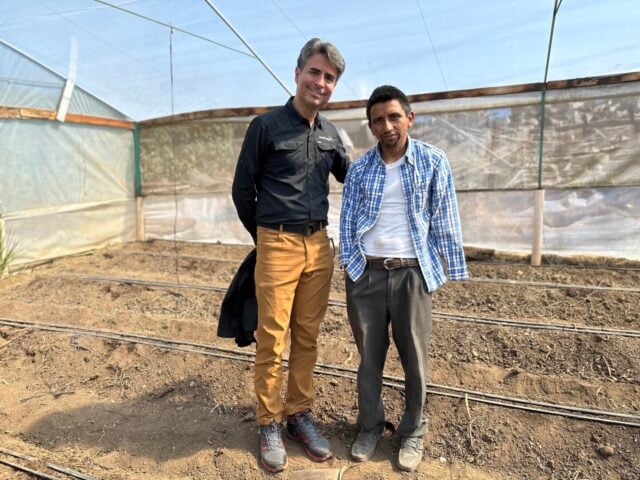Started in Tanzania in 2013, THRIVE (Transforming Household Resilience in Vulnerable Environments) is now expanding to communities where World Vision works in Zambia, Malawi, and Rwanda — and soon worldwide. From the first pilot program in Tanzania when it was then called Securing Africa’s Future, six techniques emerged as the keys to success for farmers and their communities.
Conservation agriculture
Farmers recognize that God is empowering them to transform their communities, so they learn to be good stewards of their land by rotating crops, actively managing soil fertility, vigorously harvesting water, avoiding toxic chemicals, and more.
Disaster preparedness
Farmers employ early warning systems to anticipate and respond to potential threats such as flood, drought, food shortages, fluctuating prices, pests, and disease.

Managing creation’s natural resources
Farmers work together to manage community natural resources like forests, pastures, and watersheds. These not only provide needed fuel and food, but also the water, bees, and birds the farm needs to increase crops, pollination, and insect control.
Increased profits
As farmers learn to enrich the soil, improve plant quality, ensure access to water, and manage microloans, they reduce loss, increase harvests, gain better access to markets, and grow income.
Savings groups
Savings provide families with a cushion against emergencies and a means to meet household needs or grow a business. Group members regularly deposit money in a shared savings box, take out and repay loans as needed, and contribute to a fund that helps community members in need.
Teamwork
Farmers organize into producer groups, working together to connect with suppliers, buyers, transportation, technology, cooperative storage, and more.


